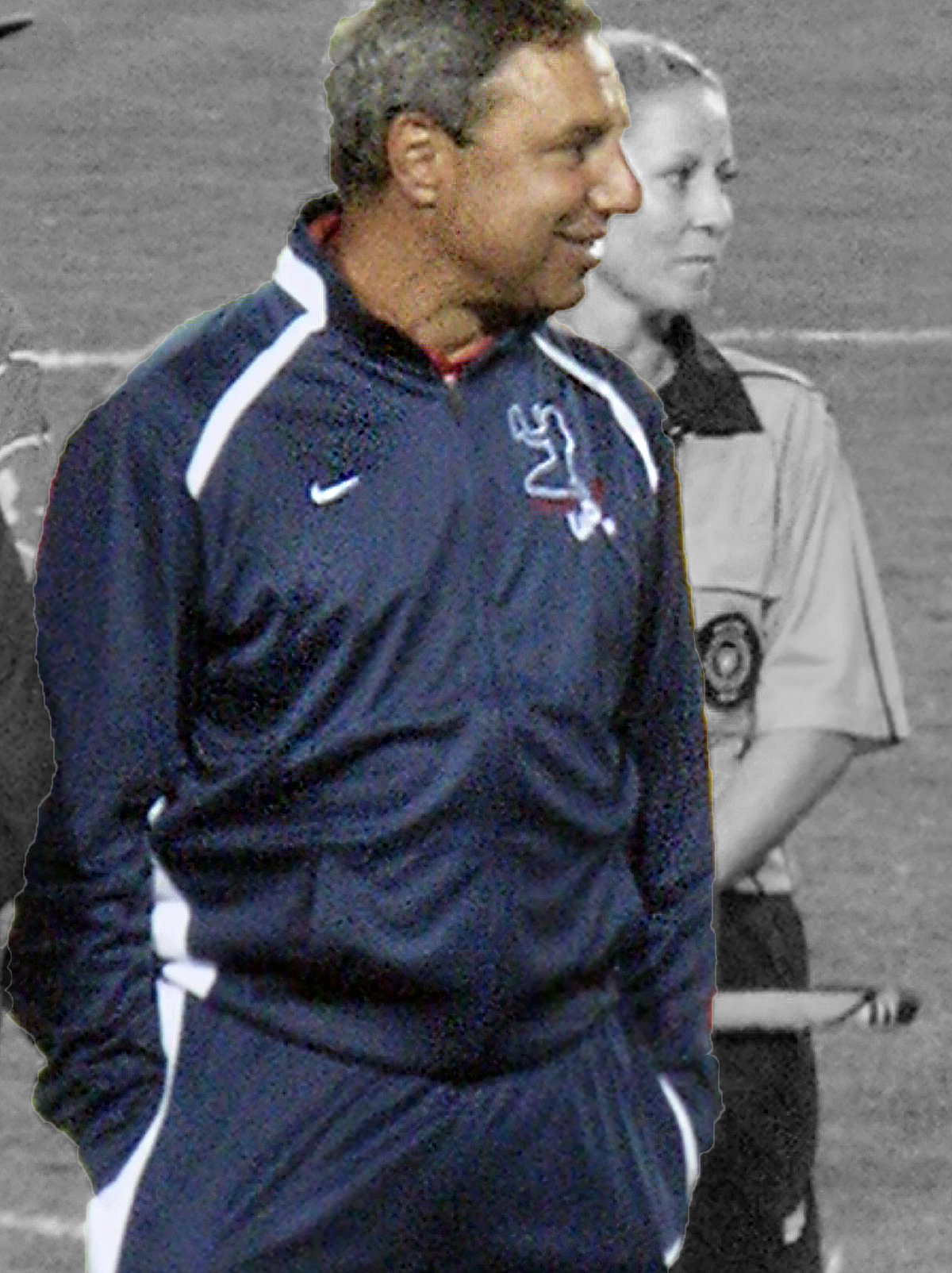Twenty-one years isn’t really that long. But looking back, we can see that we easily take for granted things we have today that we didn’t have in 1996.
In 1996, AOL CDs were coming in the mail, fax was the fastest method of sending information, and people still had to seek out pay phones when away from landlines. Technology in sports was, of course, fairy non-existent.
We take sports psychology for granted today, but 21 years ago a team with a sports psychologist seemed silly to a lot of people. It did to the folks at the United States Soccer Federation when Tony DiCicco requested one for the 1996 Olympic women’s soccer team. The USA was hosting the Olympics in ’96, and it was the first time women’s soccer would be a medal sport.
DiCicco wasn’t looking for someone to help schizophrenics, social misfits and psychopaths. He wanted a performance coach, a mental skills enhancer, a team-builder.
 “Hosting the Olympics meant we got a (financial) boost from the federation but we also got a boost from the IOC,” said DiCicco, who passed away from cancer last month. “The IOC had a competition department that came and met with me. They said, ‘We think you have a chance at medaling and we want to support you any way we can.’ I told them I needed two things – a video editing system, and a sports psychologist.
“Hosting the Olympics meant we got a (financial) boost from the federation but we also got a boost from the IOC,” said DiCicco, who passed away from cancer last month. “The IOC had a competition department that came and met with me. They said, ‘We think you have a chance at medaling and we want to support you any way we can.’ I told them I needed two things – a video editing system, and a sports psychologist.
“I tried to get both of those things in 1995 but it didn’t happen. I was told, ‘If they’re not feeling right mentally, tell them to go run laps.’”
Enter Colleen Hacker, a soccer coach and sports psychologist from Seattle Pacific University. An instant hit with the players, Hacker worked with the team and individual players on ways to improve their performances by implementing mental skills.
“Hacker did things with the team that I could never do,” said DiCicco.
In team hotels, Hacker could be seen literally running through lobbies so she would not be late for her next appointment.
Coaches today have a bagful of knowledge to do some of things Hacker did with the team — mental skills, team-building, performance enhancement, dealing with nerves, etc.
And as always, we find new ways – through technology – to make life more efficient.
DRIVN, for example, has done just that. With trackers, players can quickly enter a variety of information – on a slide bar — pertaining to their mood, their stress level, level of fatigue, how they are sleeping, and any number of other bits of information deemed important.
Coaches can also communicate with a player quickly and privately through DRIVN’s chat feature and take a look at the player’s calendar to get a feeling of their daily work load. The increased insight into the state of mind of their players has proved invaluable to coaches.
“I have really been able to help one or two players because I have been able to be aware of something,” said Ohio University Field Hockey coach Neil Macmillan. “Players who are generally upbeat and happy have all of a sudden indicated that they are stressed, they’re not sleeping, or something. I can talk to them about it, or maybe give them a day off, set up a meeting with an academic advisor or something else. That usually would happen three or four days later.
“To be able to see trends really helps us have a conversation prior to the point where an issue has already come up,” adds Macmillan. “Its really allowed us to get out ahead of things that have happened with individuals, and I think that’s very beneficial.”
Have you taken advantage of all the technology available to you? Take a look at DRIVN and find out. Or, just make your players run laps.
{{cta(‘d171881a-4684-44f3-a194-7cea8dd4fe74’)}}